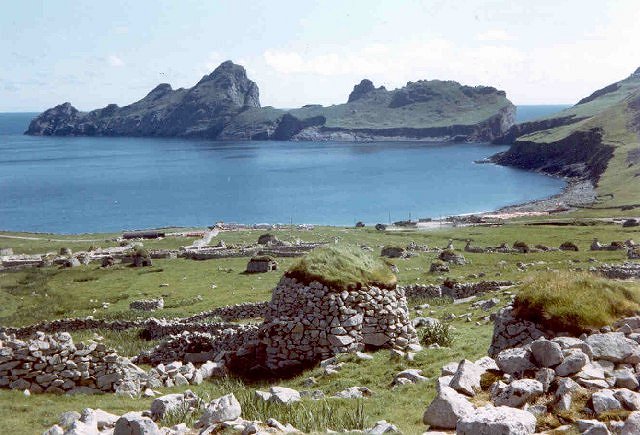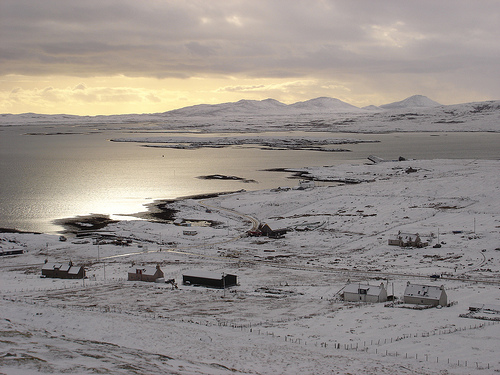A resettlement program aimed at helping adventurous types live on some of the United Kingdom’s most isolated islands is proposing a character test for applicants.
The idea of living on a remote island may conjure up images of a relaxing, peaceful seaside paradise, but for many people who turn this dream into reality, life becomes a far greater challenge than they had ever expected. A conservation charity in the UK which helps populate the country’s far-flung islands has found out the hard way that island living takes a unique combination of strengths – and that large numbers of their applicants just weren’t cut out for the life of a hardy islander.
Island Ghost Towns
Despite the beauty and simplicity of island life, the harsh climate and difficult economics presented by remote Scottish isles has led to a dramatic depopulation of many of the country’s remote outposts, especially the Western Isles, also known as the Outer Hebrides, and other nearby chains. Throughout the last half a century, the population of Scotland’s islands have experienced a precipitous decline, of women and young people in particular.
Scenarios like that of the small island of Canna are common – once home to several hundred inhabitants, its population had dwindled to just 12 stubborn residents by 2001. Another example is the famous St. Kilda chain, the country’s westernmost point, which was entirely abandoned in the 1930’s after having been inhabited for at least two thousand years. Many of these lost islands are now under the guardianship of the National Trust of Scotland, which has undertaken a campaign to encourage families to relocate to certain isles.
The Right Personality
The Trust has stated that due to some of its relocated families abandoning their leases, they are seeking to implement a “character test” to determine just who is truly suited to island life. According to the group, traits that may make for a successful islander include; a strong and independent character, a positive attitude, and for those settling within existing communities, a sociable personality that will allow for peaceful co-existence with sometimes nosy neighbours. To quote the Trust, life on an island “can be intense.”
Urbanites often don’t realize how much anonymity that life in cities affords, but in a small and cloistered island community, privacy can be virtually non-existent. Ben Fogle, a television personality who often appears on the BBC, has personal experience with these issues – marooned on the island of Taransay for a year while filming a Survivor-style program called Castaway, he commented that many found it hard to be where “everyone knows what you are doing on a daily basis.” On the other hand, Fogle has also spoken of his desire to buy his own island, and even attempted to purchase Taransay in 2011.
Persevere or Perish
Over the past few years, have been numerous participants in the Trust’s island resettlement program who abandoned their leases early and fled back to civilization – but why? Some of these families have cited valid complaints with the Trust’s management, like failure to follow through on promises like arranging employment and providing reliable internet access, but there is no question that deeper incompatibilities could also be at work. The personalities of those tough souls who remain on Scotland’s remote islands down through generations can be best described with one word: stubborn. A trait that is vanishing from modern society, with its easy fixes, endless options, and instant gratification.
Perhaps one of the most important suggestions made by the Trust is that prospective island-dwellers undergo a probationary period, or spend a winter on the island prior to committing to a lease; weathering months of frigid Atlantic Ocean storms in isolation would certainly be a revealing test of an applicant’s resolve. If the potential islanders emerge in the spring, proud of their accomplishment and ready to do it all over again the next year, it’s a good sign.
Read more about this story: Link





